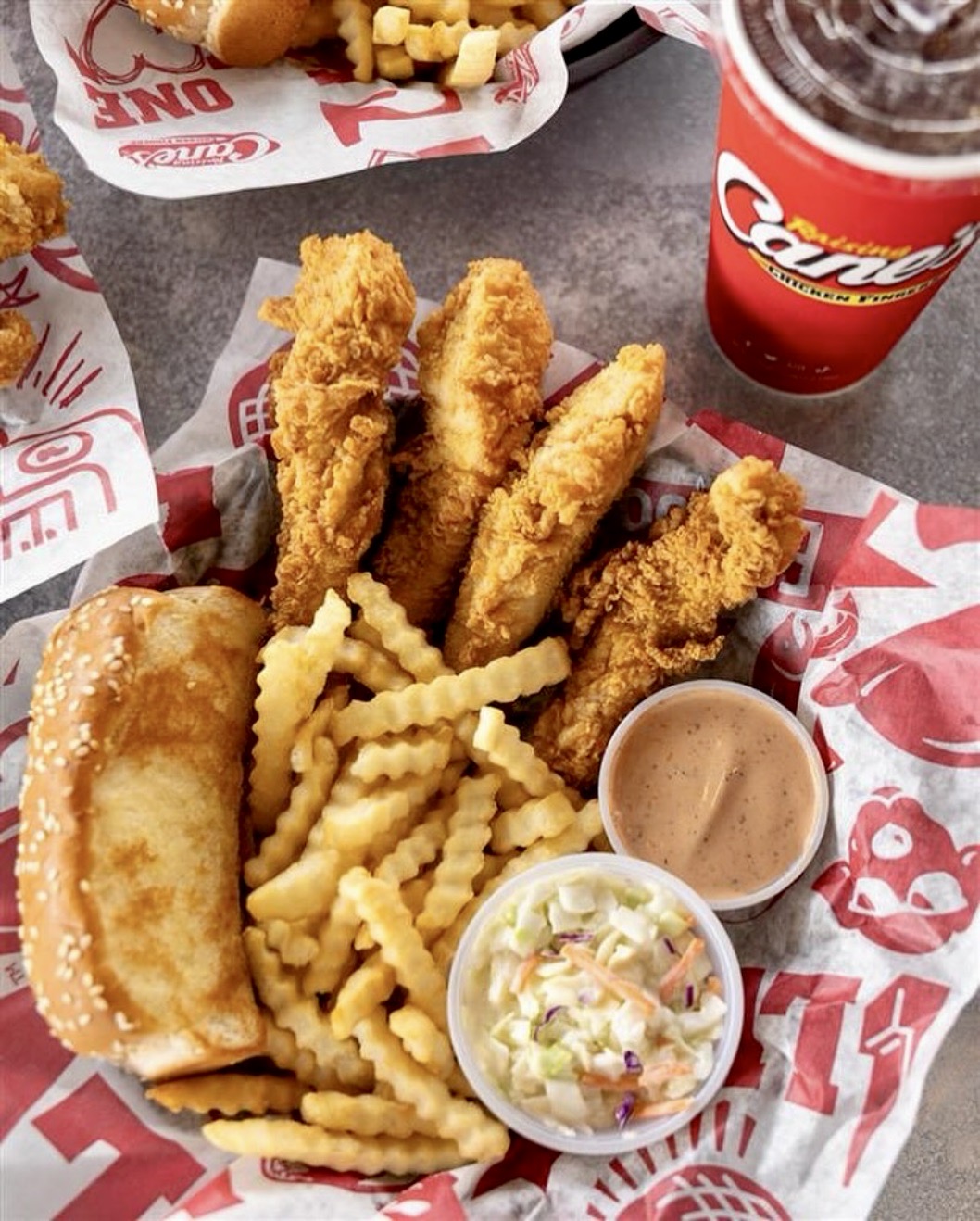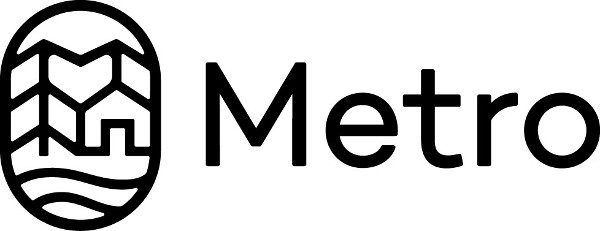Vacasa unlocks the Pearl
Published 12:00 am Tuesday, December 13, 2016

- Cliff Johnson, co-founder of Vacasa, says the $40 million raised is being spent on acquistions of small rental companies and hiring.
Vacation rental company Vacasa moved house and is all settled in.
Trending
The company digitizes the chore of renting out your vacation home, or renting one to stay in, and specializes in hiring housekeepers and managers local to the homes, in a variety of countries.
Vacasa is one of the success stories of Portland startups, if that is measured by hyper growth when it comes to headcount, and the ability to raise money ($40 million this year). No surprise, then, that it has outgrown its scrappy offices on Martin Luther King Jr. Blvd and moved into swankier digs in the Pearl District.
The soaring ceilings and sculptural elements — curving white walls that break off into the air — are impressive, even though most people are hunkered down in front of multiple screens. On a quick tour of the 40,000 square feet space, Director of Public Relation Sarah Tatone shows the Business Tribune the commons with its ping-pong table and kombucha taps, but also the Family Room, which has toys and baby changing facilities.
Trending
Several of the staff have young children (including co-founder Eric Breon who has three sons). Bringing a child to work is not frowned upon. Nor is a dog.
In July Vacasa began moving into the second floor of the RIVERTec building at 926 N.W. 13th Ave.
This was previously inhabited by strong Portland brands such as Keen (the footwear brand), software company Puppet (then known as Puppet Labs) and online-only bank Simple.
Vacasa is subletting from Simple, who moved across the river to the Clay Creative building.
“We looked at that space,” says Cliff Johnson, Co-Founder and Chief Development Officer at Vacasa. “It’s funny because everybody was looking at the same spaces.”
They are growing although not at the promised rate. Chief Strategy Officer Scott Breon said in 2015 the firm would expand its staff to 6,000.
Vacasa currently has 300 employees in the Portland office, and 100 in Boise Idaho.
There are 1,400 employees total worldwide. Half of them are housekeepers (a critical part of the business is keeping homes clean) and the other half is local management teams and marketers, photographers, engineers and copywriters.
Vacasa’s main office was on MLK but when they outgrew it, they added a building on Alberta Street, where they put their tech team. Johnson is glad they are all together again.
“We grow really quickly and it’s important that everybody get to know each other. We’re not a pure tech company, we’re a service company, delivering vacation experiences. So to understand what the business is all about it’s important for everyone to meet face to face.”
Location, vacation, location
The other key thing about the location is that they be in the Central City, whether on the east or west side. His wife works at Nike so he knows what would work for his firm in terms of location.
“We have a lot of people who bike to work, and a lot who use public transit, it’s a big part of their lifestyle. If we were to move out to Hillsboro or Beaverton or Vancouver it would be not too well received by most people.”
Being close to other tech companies and organizations also is a benefit. He lists TiE Oregon or The Indus Entrepreneurs, and Ruby Receptionists, the remote phone answering service. Another firm they are literally close to is House Happy. “They document everything in your home, so like what the dishwasher models is, if there are recalls on that, so they can let you know…” It sounds odd until you remember Vacasa’s model is taking the pain out of running a vacation home, and any tech solution to keeping homes running smoothly is welcome.
Johnson says they are talking to House Happy and might use their service. “There are certain things you build in house that are core competencies, and there are other things we need external service providers for.”
Which brings us to the money Vacasa has raised: what are they spending $40 million on?
Vacasa has been spending on acquisitions — 40 so far — mainly small vacation rental businesses. All but one were in the U.S. The other one was Rental in Italy. Johnson was jetlagged from meeting with them in Venice the day before.
It’s not just a cash buyout. “We do it on whatever terms work. Some of them are going to continue to work with the company, others want payments over time because it’s more tax advantageous to them. We have to be in alignment, we’re not a hostile takeover company,” he says with a chuckle.
The relationships these small businesses have with the homeowners is the value of the business. “They have to be completely on board, that’s the only way it will run smoothly.”
LAMP Stack
They keep their contacts open with investors, especially for strategic reasons. For example, insurance firm Assurant, whose venture arm invested $5 million in November 2016. Johnson says they can offer more than money, they have applicable skills too. “It depends on the fit, but we’re not going to lose control of the business. That’s why we didn’t take funding for such a long time. We were bootstrapped from Day 1 until earlier this year ($35 million, the first Series A funding, came from a private equity firm called Level Equity)”.
The money is also being spent on hiring. Vacasa is hiring office support staff who can man the phones and take calls from a global array of owners and renters.
Airlines and hotel chains were some of the first to embrace technology for booking and price variation — Vacasa’s specialty. By contrast the fragmented vacation rentals industry was very slow. So it’s not a given to recruit from the hospitality industry.
“We do value hospitality backgrounds but it’s sometimes hard to break old habits,” he says.
For example, housekeeping scheduling. Many people are used to doing it on paper. The Vacasa way uses an algorithm that takes into account a lot of factors and notifies staff on their mobile device.
“We try to eliminate administrative tasks rather than create them. The people who work here tend to enjoy that. They’re adaptive to change. We manage 4,500 homes with 1,400 employees. If this time next year we’ve doubled that, we need more people. That’s what we look at when we hire someone, how receptive to change are they?”
Technologists need to be familiar with the favorite languages at Vacasa — what he calls the LAMP stack: a popular open source web platform that includes Linux, Apache, MySQL and PHP. “We’re heavy on SQL, because that’s more an analytical tool, than a developer tool, and we were born from a data analyst mindset.”
“Our homeowners love the combination of local, hands-on caretaking and a more innovative, tech-focused support staff, Chief Strategy Officer Scott Breon said in 2015 when the firm vowed to expand its staff to 6,000.
“We’ve been able to introduce technology like revenue optimization algorithms and customized in-home automation that have brought West Coast vacation rental homeowners onto a more level playing field with much larger industries like hotels and resorts.”
Yield management clicks
Johnson is also on the advisory board for Portland-based Trip Grid. He likes their travel-planning app that “pulls everything together. It’s been on our wish list, if they can build it out we can provide it as a service.” They’re on a beta testing program with Trip Grid now.
He adds his staff hangs out with people at other tech firms. He likes to find out what they are working on and if it’s applicable to Vacasa’s business model. While it has the space, Vacasa is hosting rent-free, TiE as well as some of their start-ups, such as SCOUT Military Discount.
The data analyst mindset has transformed many industries. Johnson picks out the big one — Uber and ridesharing. “Also the hotel industry was drastically changed when yield management was introduced (the fluctuation of pricing based on demand). It wasn’t applied in the vacation rental industry, that’s something we did six and a half years ago. Most companies were using flat pricing.”
He says it’s very common now to see people applying yield management in industries that are historically fragmented. “If you could take the same thing with hair salons and restaurants…” He breaks off because it seems unlikely. But Johnson sees a day when hair stylists will vary prices using technology, and cut hair at whatever price makes the most sense.
“It’s the same principle that Groupon and Living Social went off of. However, they were taking all the money, which was not good for the restaurant!” He sees it in sports ticketing, such as Mariners prices going up for visits from Yankees.
Mobile is on the rise, but people still book most vacations on their desktop or laptop. “Typically they do a lot of browsing on mobile then they book the vacation rental on their home computer,” he says. “There’s a lot of sharing first, with friends and family. They book it at their desk.”
However business travel is different. Business travellers travel solo and are happy to book on their phones.
Johnson says most Portland commercial landlords are asking for five year leases these days, and 10 for new construction. Which is why they are subletting from Simple. As Vacasa settles into its new digs, he says they have no idea how big the firm’s Portland headcount will be in five years. That’s one unknown that’s hard to master with yield management. The boom economy could falter, a new darling tech firm lure talent away,or Vacasa could go from strength to strength and dominate the vacation rental business.
Either way, they’ll be doing it at home in Portland.
jgallivan@pamplinmedia.com
Vacasa
Vacation rental management
FTE: 300 in Portland, 1,400 worldwide
HQ: 926 NW 13th Ave #200, Portland
Phone: 503 345 9399
https://www.vacasa.com/







